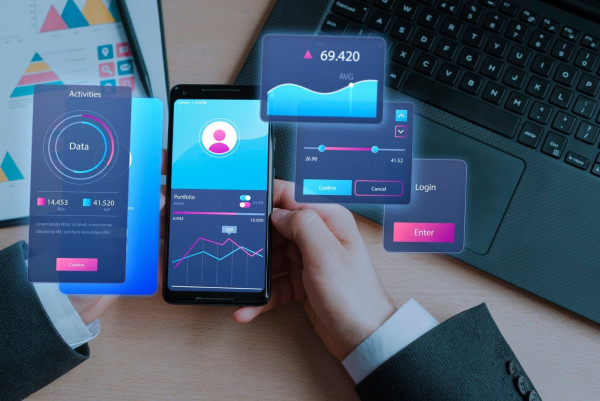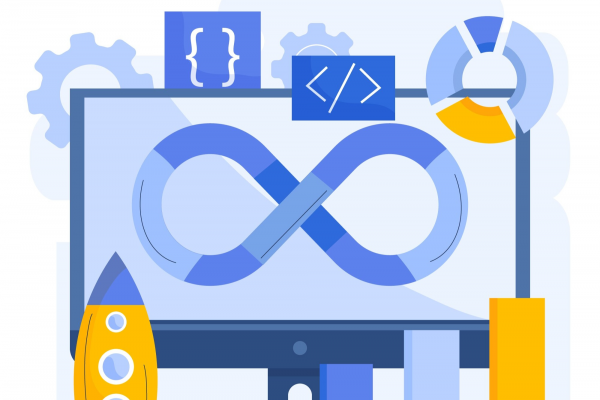Introduction
In an era marked by environmental concerns and the urgent need for sustainable business practices, Artificial Intelligence (AI) emerges as a transformative force, driving the Green Revolution. As the world grapples with the consequences of climate change, businesses are increasingly turning to AI to not only optimize their operations but also to lead the way in adopting eco-friendly practices. This blog explores the intersection of AI and sustainability, highlighting how businesses can leverage cutting-edge technology to pioneer green initiatives and contribute to a more sustainable future.
The Current Environmental Landscape
Before delving into the role of AI in the Green Revolution, it’s crucial to understand the environmental challenges that businesses face today. According to the World Economic Forum, the global demand for resources has tripled in the last four decades, placing unprecedented pressure on ecosystems and contributing to climate change. Businesses are recognizing the need to shift towards sustainable practices to mitigate environmental impact and ensure long-term viability.
The Role of AI in Sustainable Business Practices
- Energy Efficiency and Optimization
One of the primary ways AI contributes to sustainable business practices is through energy efficiency and optimization. AI algorithms can analyze massive datasets to identify patterns and inefficiencies in energy consumption. By implementing AI-driven solutions, businesses can optimize their energy usage, reduce waste, and lower their carbon footprint.
According to a report by Statista, energy consumption in the industrial sector is expected to increase by 32% between 2022 and 2050. AI-driven energy management systems can play a crucial role in mitigating this increase by optimizing energy usage in industrial processes. (Source: Statista)
- Supply Chain Optimization
AI enables businesses to create more sustainable and resilient supply chains. By analyzing data from various sources, including weather patterns, transportation routes, and supplier capabilities, AI can optimize supply chain operations for reduced environmental impact. This includes minimizing transportation emissions, reducing excess inventory, and fostering responsible sourcing practices.
Through 2024, 50% of supply chain organizations will invest in applications that support artificial intelligence and advanced analytics capabilities. (Source: Gartner)
- Waste Reduction and Circular Economy
AI plays a vital role in promoting a circular economy by minimizing waste and encouraging recycling. Through predictive analytics and smart monitoring, AI systems can help businesses anticipate maintenance needs, reducing the likelihood of equipment failure and preventing unnecessary waste. Moreover, AI can facilitate the identification of recyclable materials and promote sustainable disposal practices.
Case Studies: Leading the Charge in Sustainable AI Practices
Google’s DeepMind for Energy Optimization
Google’s DeepMind, an AI subsidiary, has successfully applied machine learning algorithms to optimize the energy usage of its data centers. Through predictive analysis and real-time monitoring, DeepMind achieved a 15% reduction in energy consumption, showcasing the potential of AI to enhance energy efficiency in large-scale operations.
Conclusion
As businesses navigate the complexities of the modern world, the integration of AI into sustainable practices has become imperative. From energy optimization to supply chain resilience and waste reduction, AI serves as a powerful tool in fostering eco-friendly initiatives. As evidenced by the case studies and statistics presented, companies that embrace AI for sustainable business practices are not only contributing to a greener world but are also reaping the benefits of increased efficiency and cost savings.
In the coming years, the synergy between AI and sustainability will likely deepen, with more businesses recognizing the potential of technology in addressing environmental challenges. With STL Digital’s Data Analytics & AI Experts by your side, you can seamlessly navigate AI integration for sustainable business practices. The Green Revolution, fueled by AI, is not just a vision for the future but a tangible and necessary step towards building a more sustainable and resilient global economy.



